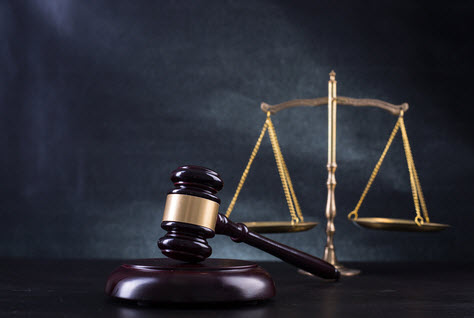What are Protected Disclosures in the Whistleblower Protection Act?

Whistleblower laws are designed to protect employees from employer retaliation in the event they voluntarily disclose information about illegal or dishonest activities taking place against a government organization. The Whistleblower Act (WPA) was enacted in 1989 and covers a number of disclosures.
Proving Whistleblower Retaliation
In order to prove retaliation, a whistleblower is required to demonstrate by a preponderance of the evidence that:
- There was a protected disclosure, which is the whistleblowing itself;
- There was a personnel action taken, threatened, or not taken until after the protected disclosure;
- Officials were aware of the protected disclosure; and
- There a causal connection between the whistleblowing and personnel action.
If an employer meets all the criteria here, then the burden will shift to the employer who must prove by clear and convincing evidence that the employer would’ve taken the same personnel action even if there was no whistleblowing action.
Disclosures Covered Under the Whistleblower Protection Act
The first step in proving whistleblower retaliation is to demonstrate that the disclosure was protected. A disclosure can be via either formal or informal transmission or communication, but doesn’t include communication concerning a policy decision that legally exercises discretionary authority, unless you as the employee provide a disclosure.
The WPA protects a federal employee against retaliation for any disclosure made where an employee reasonably believes there was a violation of law, regulation, or rule, or one of the following:
- Gross mismanagement — action or inaction that creates a large risk of “significant adverse impact upon the agency’s ability to accomplish its mission”
- Gross waste of funds — This is considered something that is significantly out of proportion to the benefit the government can reasonably expect accrue
- Abuse of authority — This is an arbitrary exercise of power by a federal employee or official that results in harm to the rights of an individual; or one that personally benefits the employee/official and/or their preferred associates
- Substantial or specific danger — The court will look at several factors to determine this one. To be substantial, the court will look at the nature of the danger and what the extent of the potential harm is; for specific, the court will look at whether the likelihood of harm exists as well as when the harm might take place
- Censorship related to analysis, research or technology information —Government scientists are protected from retaliation if they challenge censorship or make a disclosure about the integrity of the scientific process.
Florida Whistleblower Attorney
Scenarios involving whistleblowers are complex. If you suspect something illegal or inappropriate is taking place, it’s important to speak with a skilled Florida whistleblower attorney right away. An attorney can walk you through the reporting process and assist with any potential retaliation as well. If you report the information too quickly and lack some of the necessary information to make it a protected disclosure, you may not be protected against retaliation.
The attorneys at Rabin Kammerer Johnson specialize in whistleblower claims throughout Florida. Contact our office online or call us at 561-659-7878 to schedule a consultation today.
